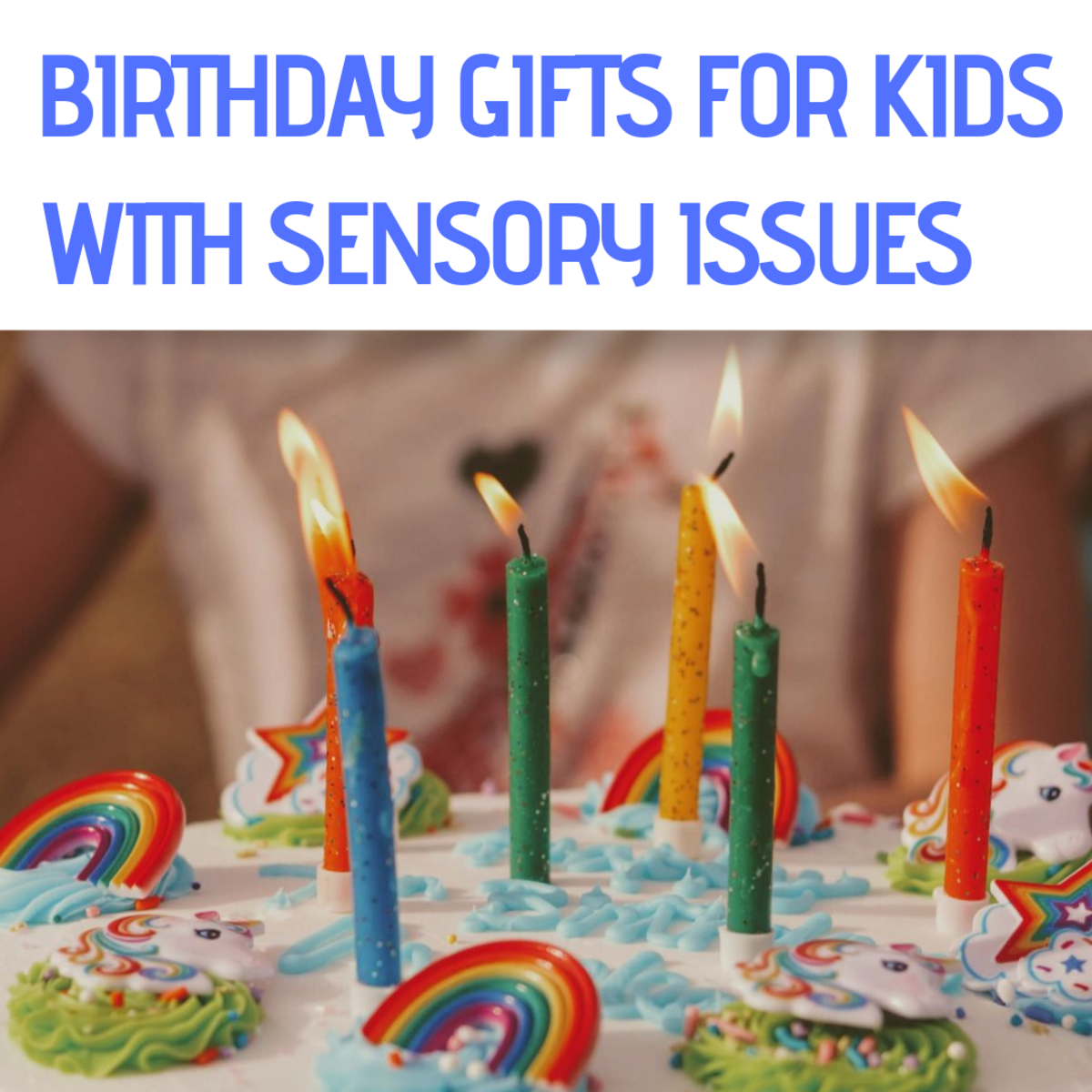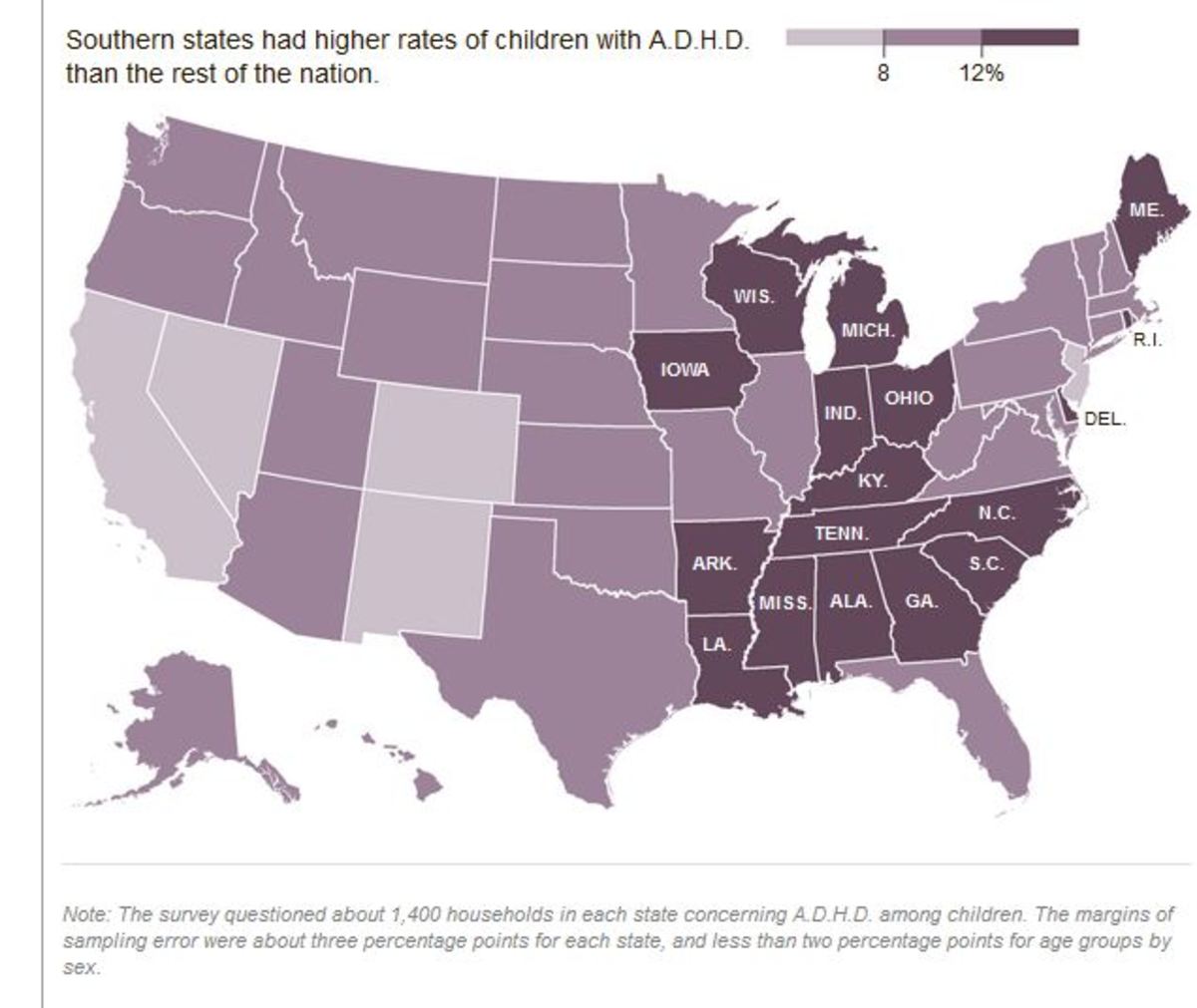Sensory Processing Disorders and ADHD
Sensory Processing Disorder, also known as Sensory Integration Disorder, is when sensations like taste, sight, smell, touch, and sound are perceived differently in the brain. Sensory processing disorders are often found in people with attention deficit disorders and autism spectrum disorders, but not always. There are a large number of people that have been diagnosed with sensory processing disorders that do not have any other developmental disorders. Sensory processing disorder has become a modern phenomenon, and it was not recognized until the last ten to twenty years.
Researchers once thought that sensory processing disorder was attributed to childhood abuse and sexual trauma, but alter began to recognize that it is also more commonly associated with ADHD and other types of developmental disorders. Deficits in sensory processing are an integral component of autism spectrum disorders. Diagnoses of autism spectrum disorders have dramatically increased over the past decade. However, it is unclear whether the increase in autism is actually due to improved assessment and increased awareness or if the disorder is actually more common than in the past.
For people with ADHD and other attention deficit disorders, sensory processing disorder can cause increased difficulty in learning. These types of disorders range in severity, and it is quite common for someone with a sensory processing problem to have increased symptoms at certain times and less noticeable symptoms at other times. A child with ADHD or autism spectrum disorders may be sensitive to certain types of clothing and complain about fabrics that are “itchy.”
Those with sensory processing disorder may also have difficulty talking on the phone or turn the television up too loud. It is common for people with sensory processing disorders to turn the TV up during dialogue, but turn it down when there is music or any type of background noise. Children with ADHD may also have increased sensitivity to certain types of foods. Those with autism spectrum disorders may also eat only one type of food for an extended period of time. For example, he or she may prefer to only eat cereal or pizza for days on end.
At times, the increased sensitivity to touch can make things like taking a shower or brushing teeth almost unbearable for people with sensory processing difficulties or ADHD. This is also quite common in autism spectrum disorders like Asperger’s syndrome. At times, those with sensory problems may be more sensitive to things than at other times. Also, an ADHD child may at times crave something that they normally find “itchy,” loud, or otherwise unbearable in order to satisfy certain sensory needs. This could be true for foods, sounds, smells, or even touch.
Adults with ADHD and sensory processing disorders typically become risk-takers, often engaging in risky or dangerous activities. However, children with these types of sensory problems can overcome many of their difficulties through certain types of “play” therapy. Using Play-Doh or other types of textured materials helps increase tactile processing. Music can also benefit those with sensitivities to sound. Activities that involve shaking, pulling, pushing, jumping, and bouncing are also beneficial for some children with ADHD and sensory processing disorders.
- ADHD And Its Drug Culture
Today when parents and teachers meet for conferences it is frequently reported how the children are fidgeting in their chairs. There are additional reports of how children are also disruptive in class by... - The ADHD Diet: Treating Symptoms With Nutrition
One of a parents goals for their children is to keep them healthy and safe. So when a parent finds out their child has ADHD questions form in the mind. One of those questions is often Is there a way to... - New ADHD Medications for Children and Adults
Treating attention deficit disorders in children and adults has long been a controversial subject. Treatment options have been limited for a number of years, and previous medications were not only addictive,...








